Archaeologists have recently uncovered remarkable ruins dedicated to a forgotten ancient water cult in Peru.
These very old ruins include a temple burial and four skeletal remains. All come from a period before the rise of the Incan Empire.
A Cult From 3,800 Years Ago
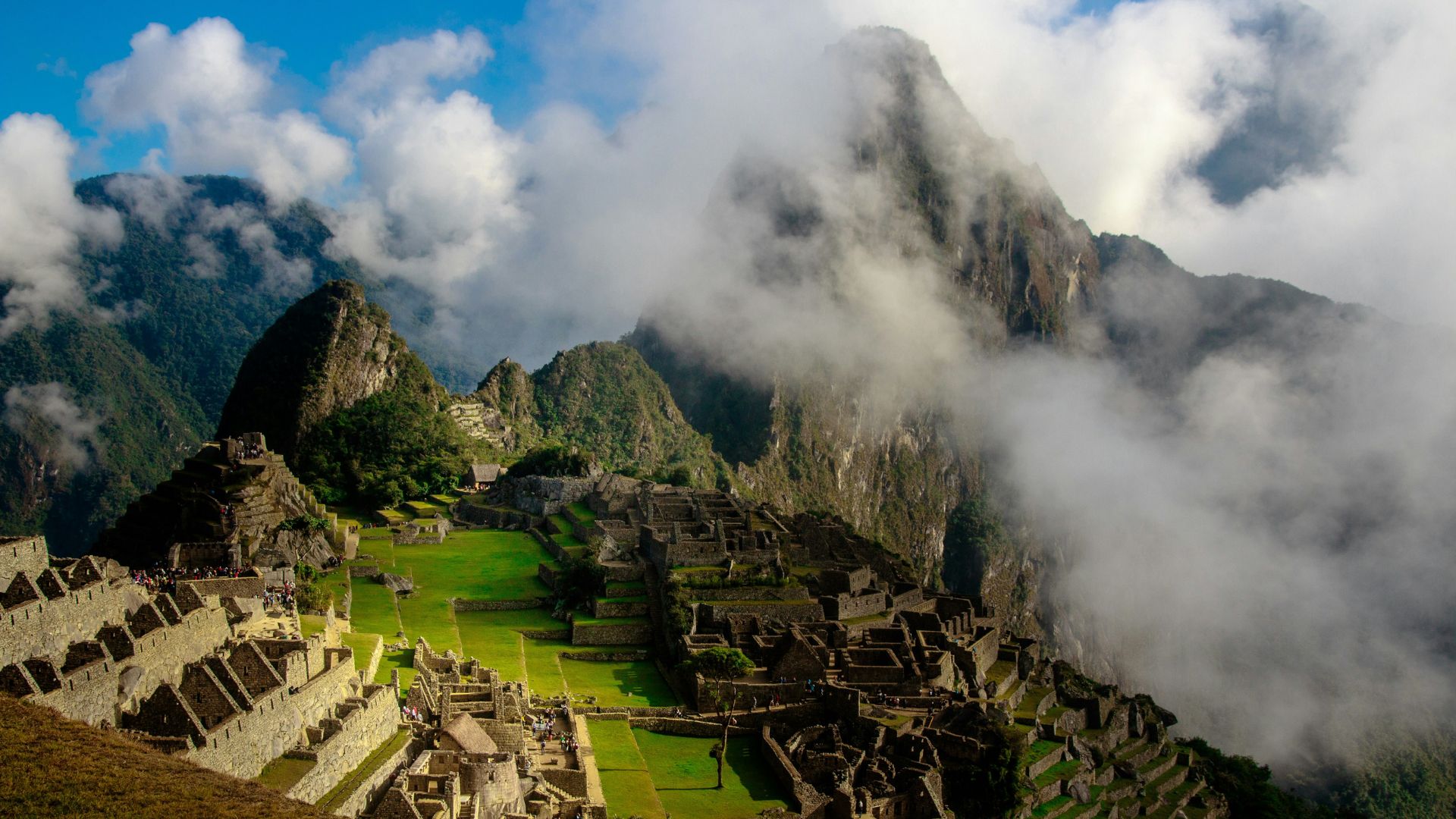
About 3,800 years ago, a water cult developed in northwest Peru, in the Andes, in a region that is mainly high desert.
Water wasn’t easy to come by. Therefore, the water that sprung from the mountains in the area became a vital necessity to the ancient people who thrived in this region. A cult naturally developed.
Archaeologists Make Remarkable Discovery
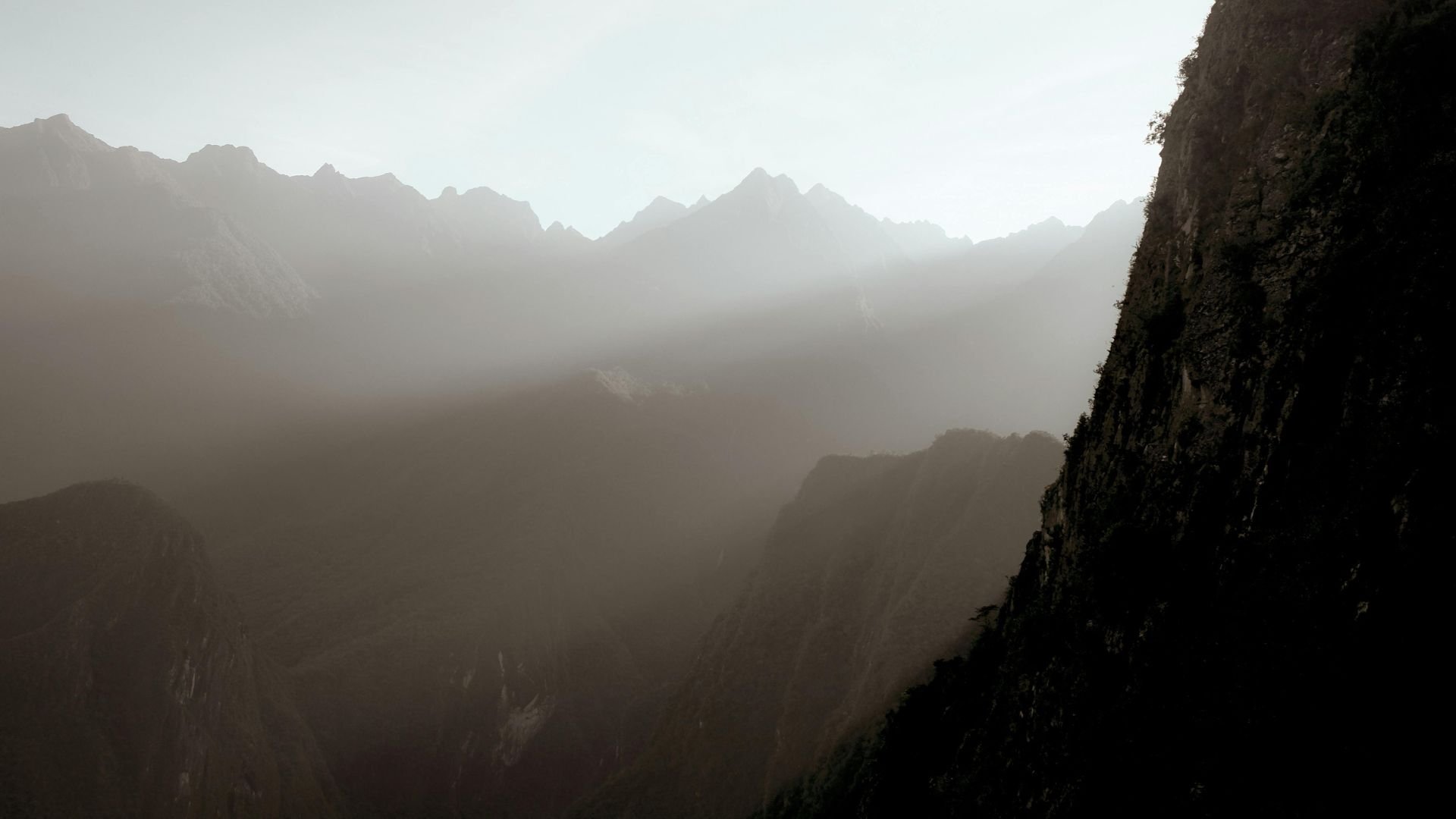
Now, archaeologists are finally learning a little bit more about how people lived in this region so long ago, before the rise of the Incan Empire.
Researchers have recently made a stunning discovery in the Queneto archaeological site in this region of northwest Peru.
Uncovering a Temple Burial
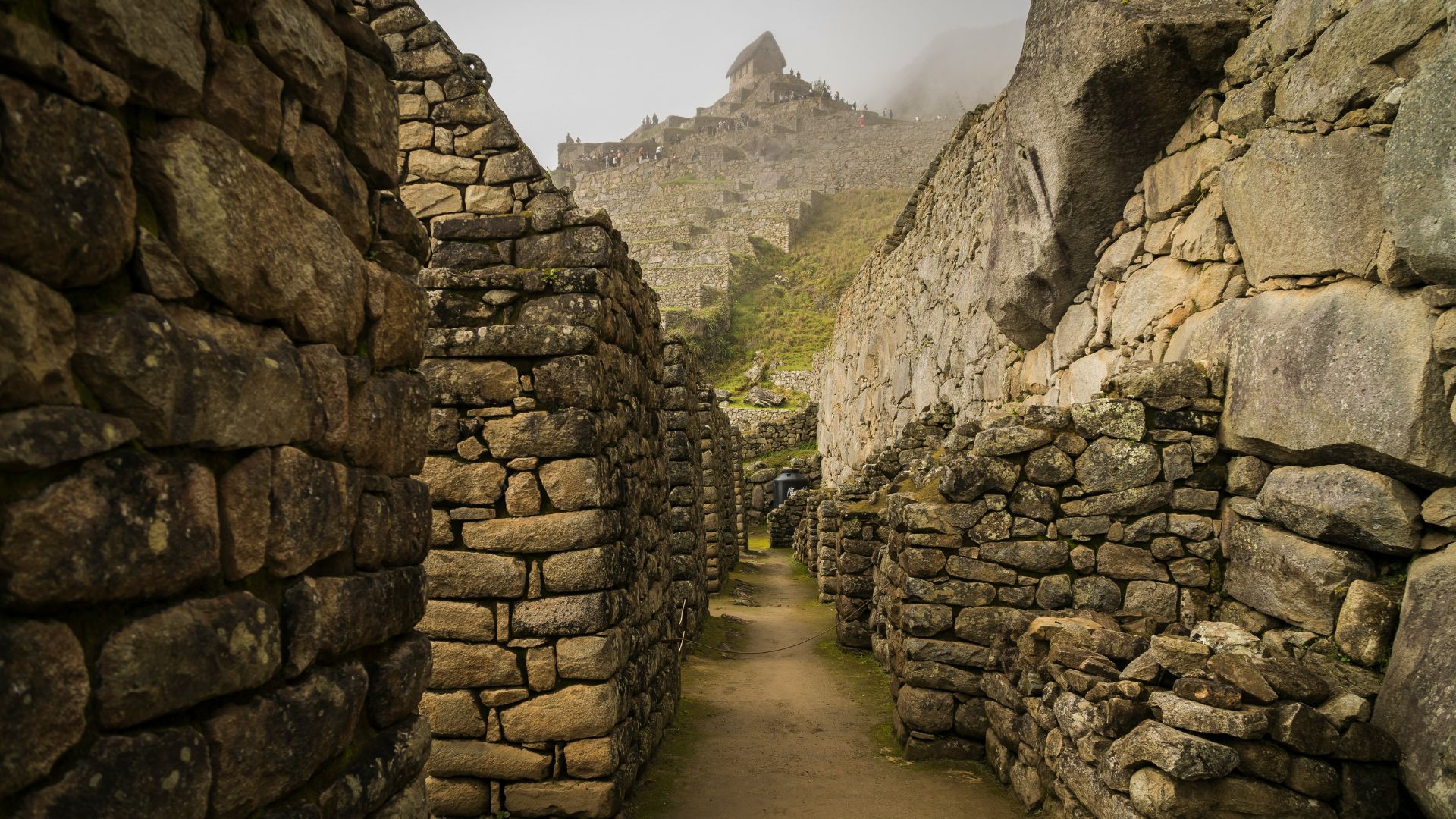
Archaeologists were able to excavate four skeletal remains at a temple burial. This temple has been known to be associated with water worship. These remains now indicate more about how this cult lived thousands of years ago.
The bodies were all located in the Temple Queneto 2. The remains are of two children, one teenager, and one adult.
How the Remains Were Found

Researchers found these skeletal remains all placed on their sides — and all facing the mountains.
As this temple has been associated with a water cult, scientists have explained that the positioning of these bodies sheds light on how the cult worked and sacrificed.
Learning More About Ancient People
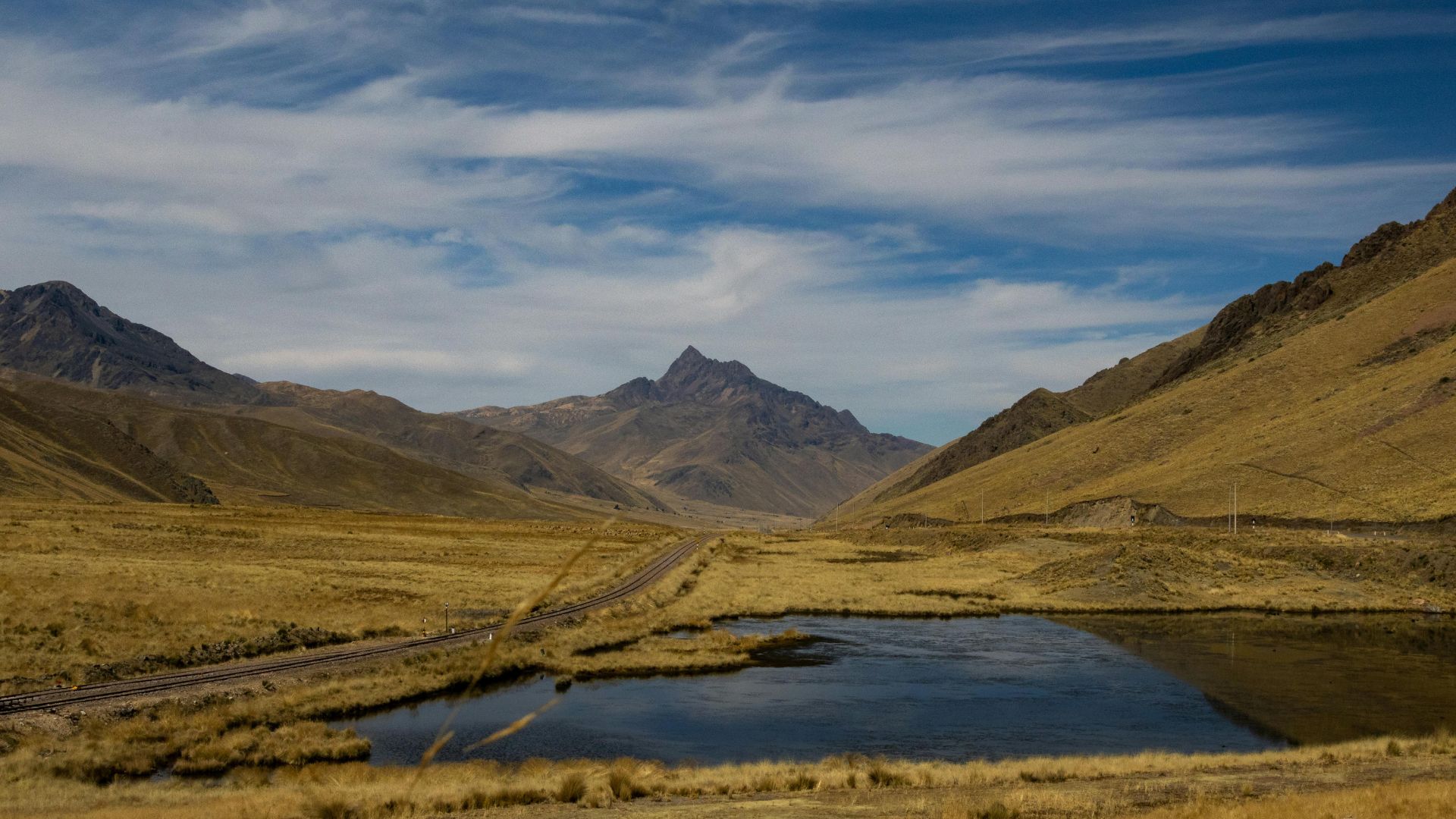
Archaeologists are hoping that these temple burial excavations can help them learn more about the ancient people — and the water cult — that thrived in this region 3,800 years ago.
Researchers currently believe that this temple site was active between the Early Formative period, from 1800 BC to 900 BC. Therefore, this cult lived before the Incan Empire rose to power.
An Important Ancient Cult
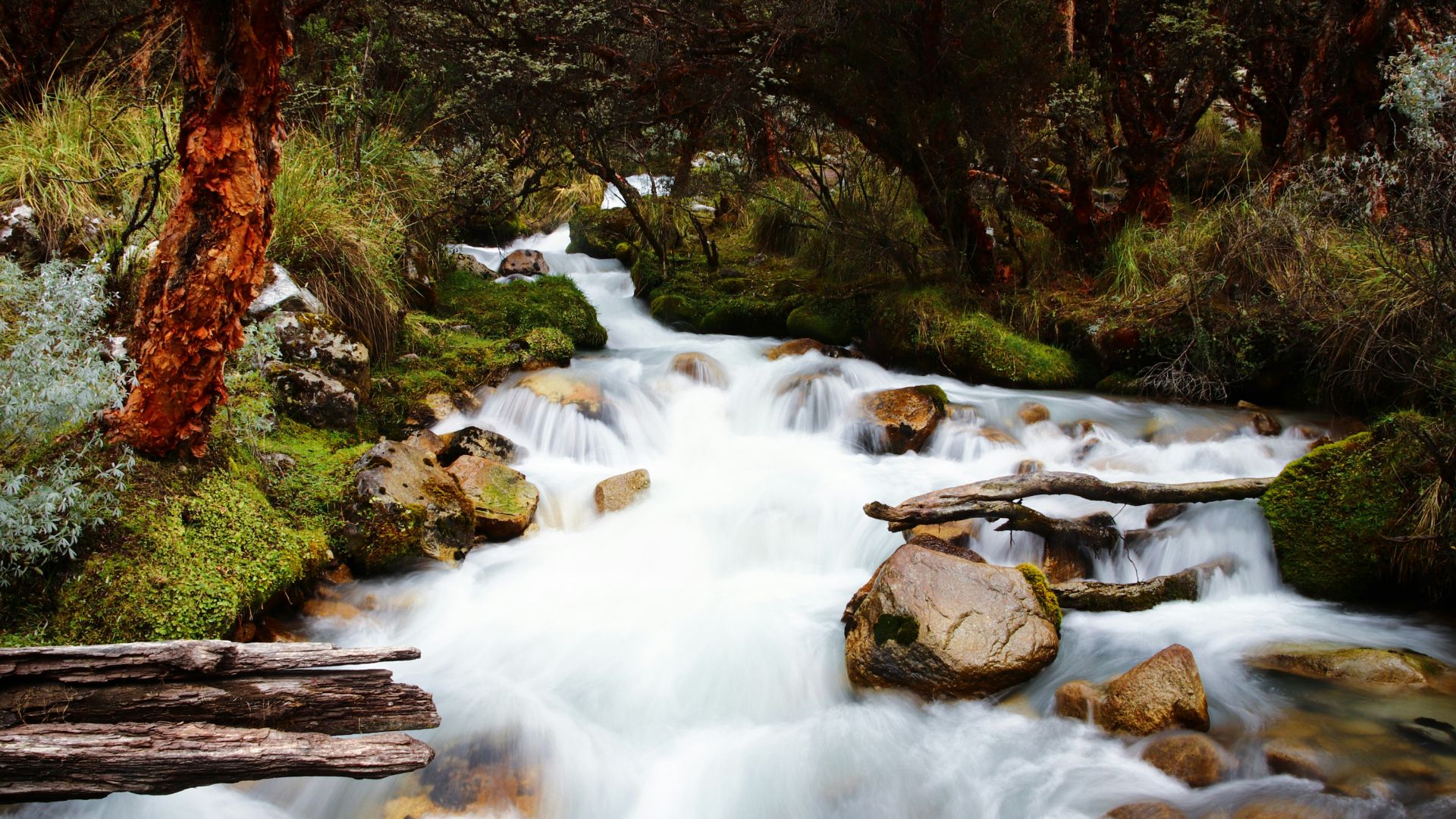
Though not much is known about these people and this cult that lived in this region so long ago, researchers have emphasized that they were an important civilization.
Some of the oldest and earliest pyramids in the area came from this region. Scientists believe that these ancient people helped to start the construction of large buildings, which eventually took off.
Unique Architecture
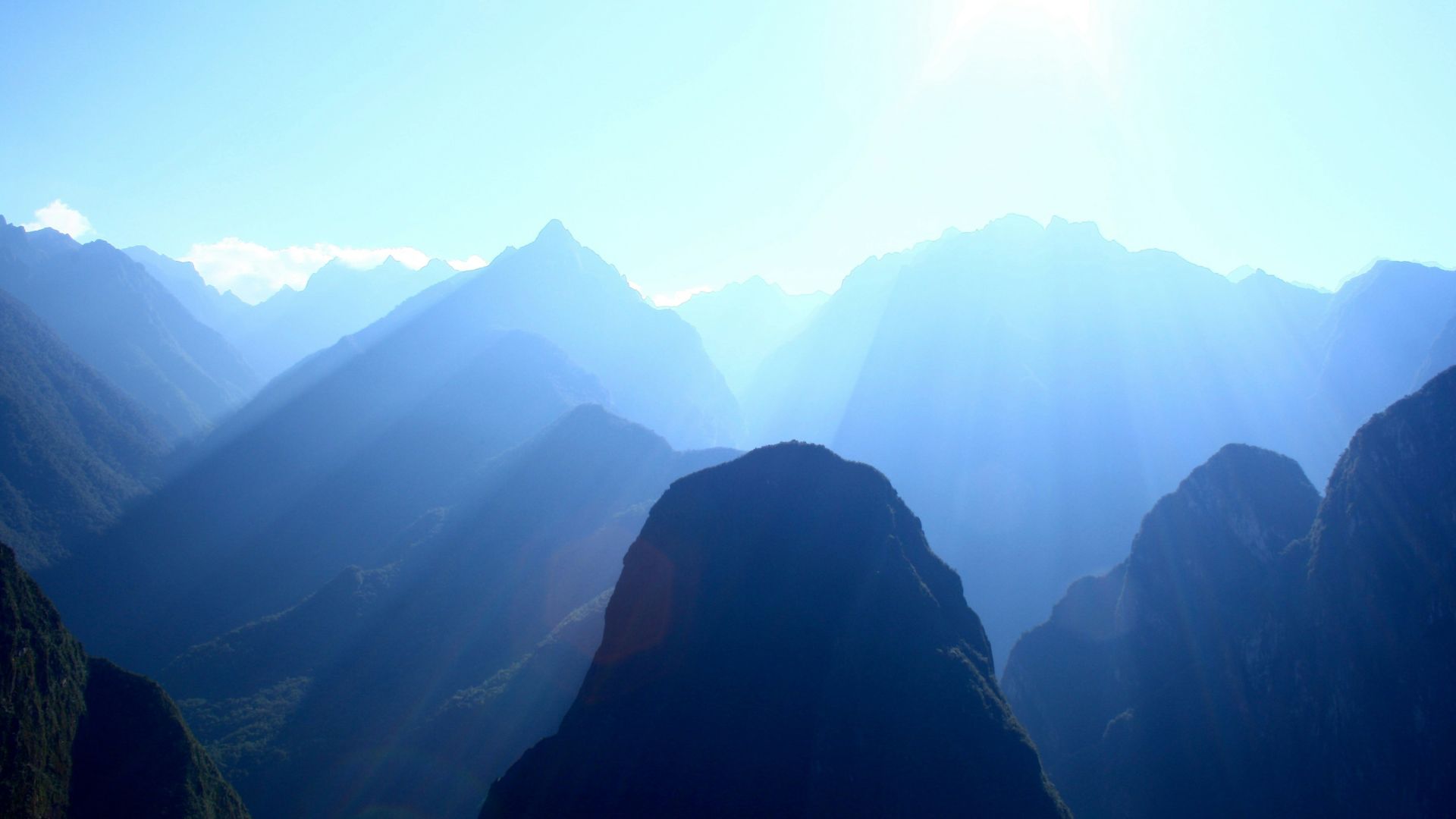
Castillo Lujan, a professor from the National University of Trujillo, explained that this temple shows very interesting and unique architecture.
Lujan said, “These environments, characterized by curved corners, show unique architecture from the Early Formative period. Furthermore, fragments of early ceramics found at the site are similar to those observed in other important settlements such as Gramalote, in the Moche Valley, and Huaca Negra, near the coast in the Viru Valley.”
Learning More About Old Civilizations
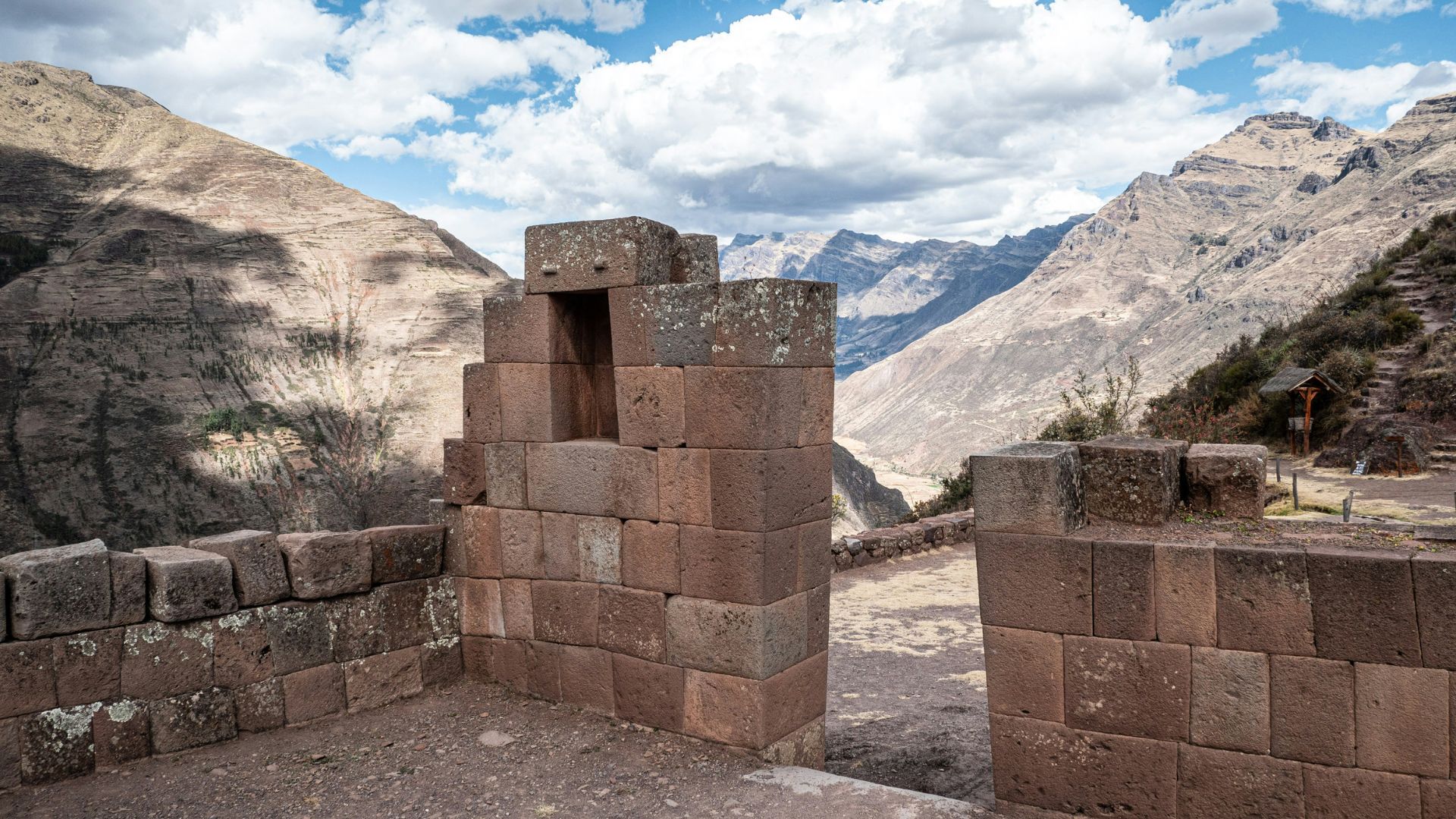
Archaeologists have explained that while the Viru Valley, where this site is located, is known for being rich with evidence of past, ancient civilizations, finding intact remains from 3,800 years ago is rare.
Therefore, this latest discovery has thrilled many researchers who want to learn more about the ancient people in this land from long ago.
Other Discoveries
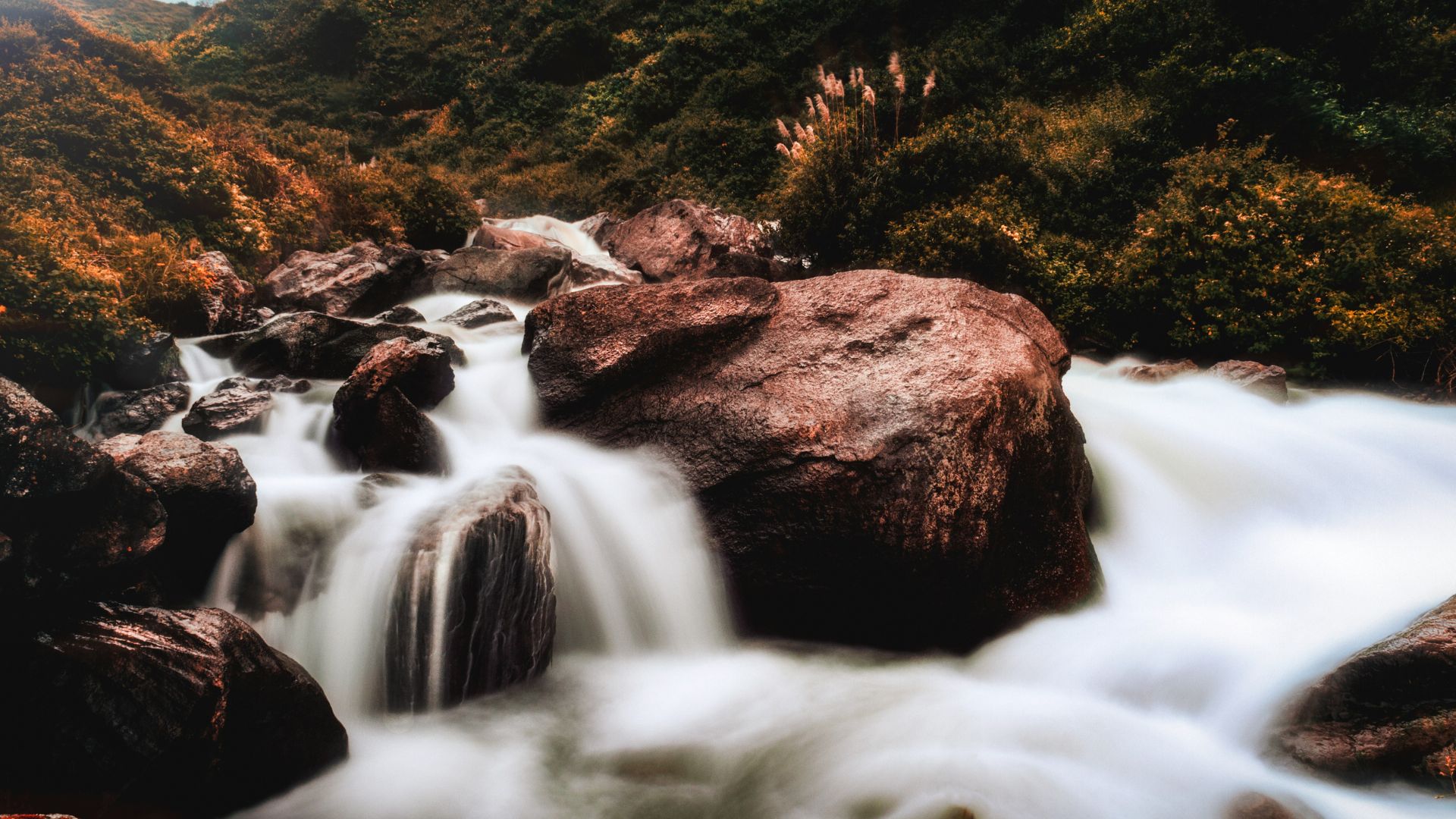
Many other notable finds were discovered at this temple burial site. For example, funerary goods, such as snail shells and stone pendants, were excavated.
Meanwhile, pottery shards have also been uncovered across this temple archaeological site.
Temple Buildings
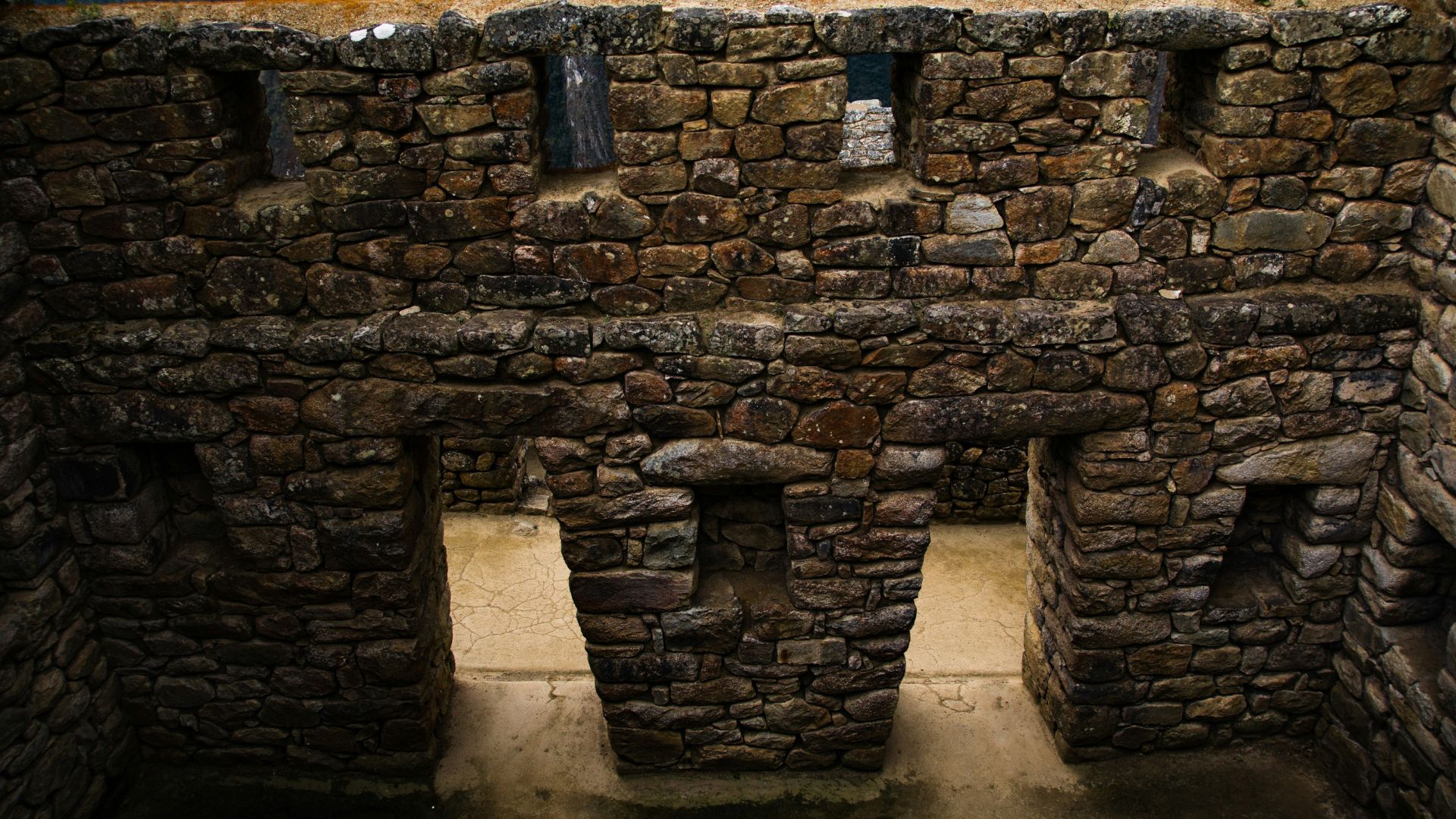
So far, researchers have uncovered that this ancient water cult created their temples with curved corners. They also used cobblestone, as well as clay plaster walls.
This ancient group of people often used ceramics in their construction of buildings and temples.
Uncovering More Ruins
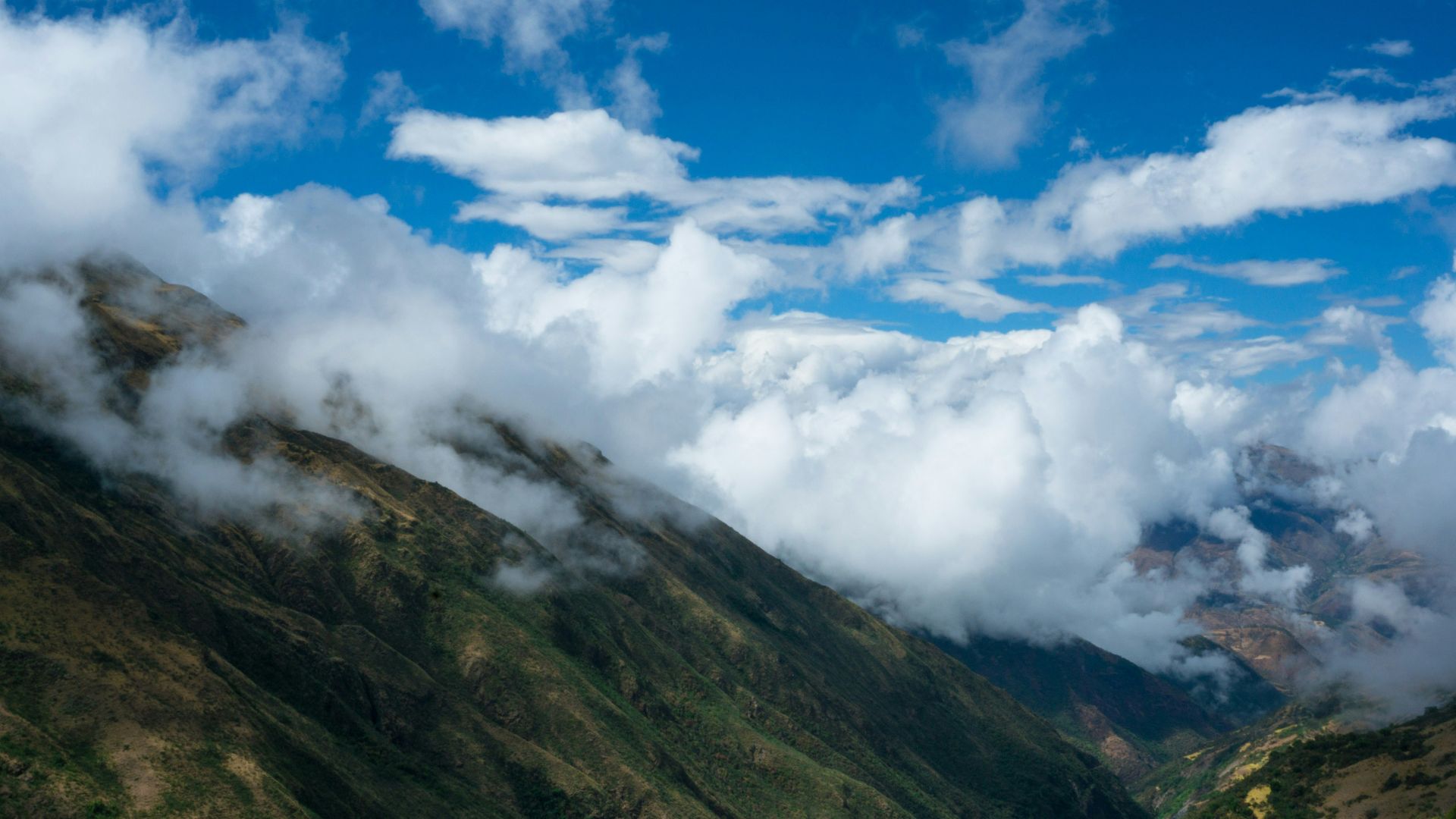
Now that archaeologists have made these very interesting finds, they’re hoping to see more excavation in this huge archaeological site in the near future.
This latest excavation only covered 1% of the total area of the site. Therefore, many new discoveries could soon be made.
